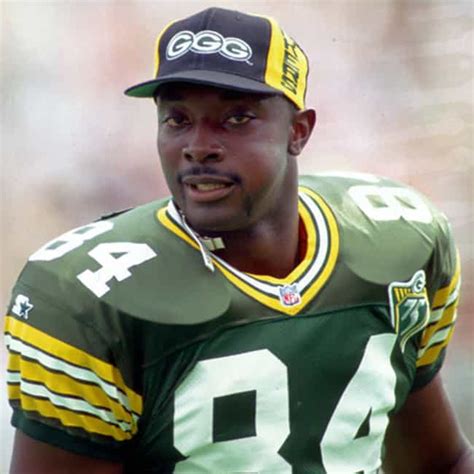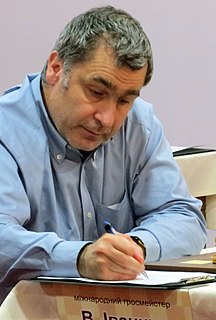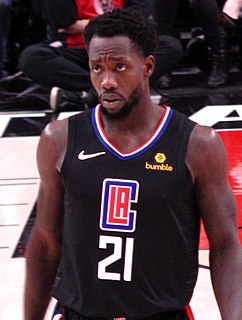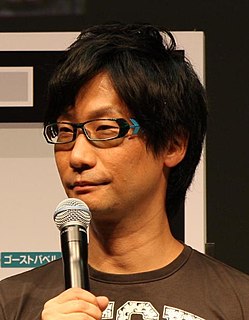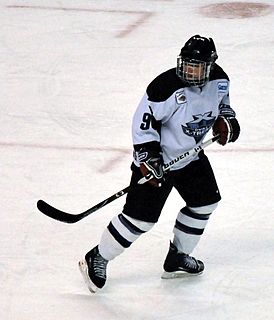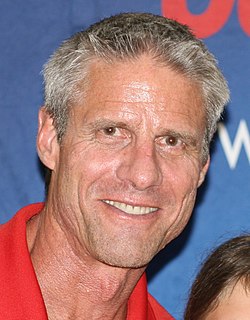A Quote by Jesus Navas
At the start of every game, you are focussed on the game you are playing, so you don't look back at previous games.
Related Quotes
When I start to play a game I try to forget about previous games and try to concentrate on this game. This game is now the most important to me. But of course I am not a computer and you cannot simply press a button, delete, and everything you want to forget disappears automatically. But if you want to play well, it's important to concentrate on the now.
Every time I make a new game, I put all of my effort completely into that game. It's like putting all your effort into a new child that's being born. Once the project is done, I can step back and look at it objectively, which is when I can see a lot of flaws. That's when I start to make a new game that tries to fix some of those flaws.
The indoor game is much more of a team game, having to work effectively with a group of 15 to 20 people, striving to improve every day, every drill, even every contact. The beach game is much more of an individual game within a team sport, much less about organized practices with coaches and much more about just playing the game.

